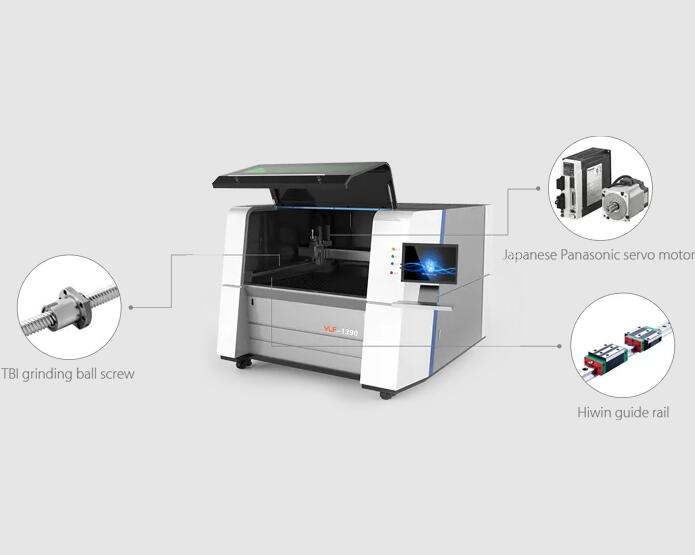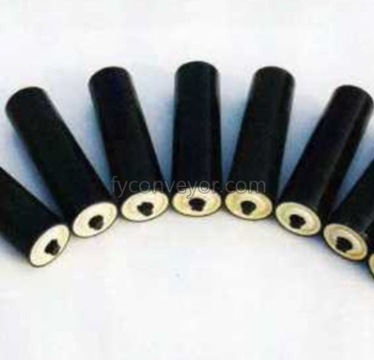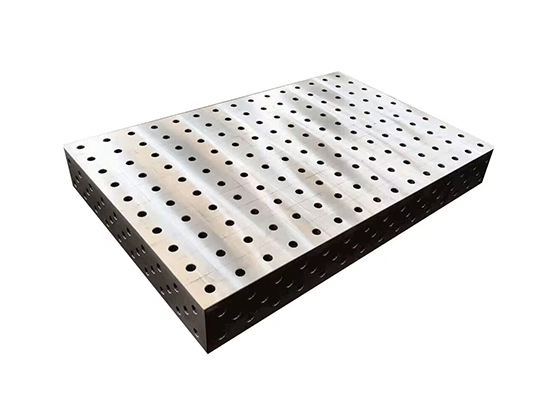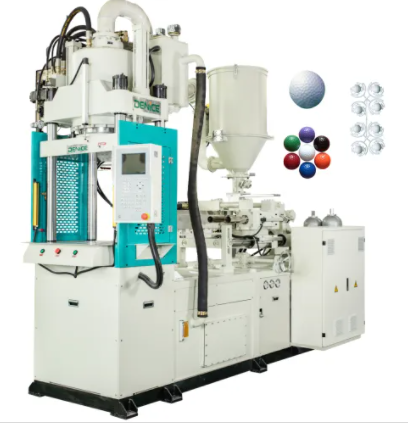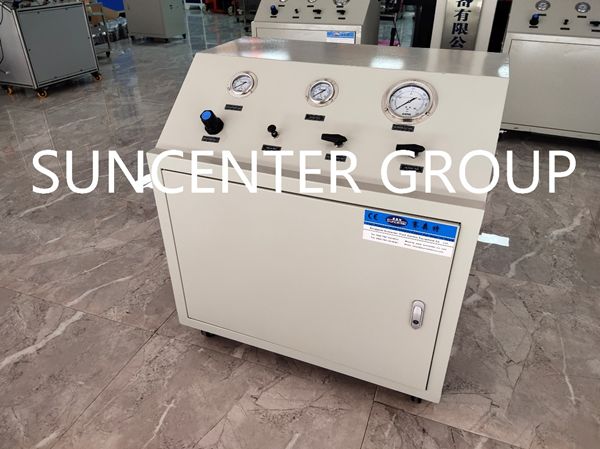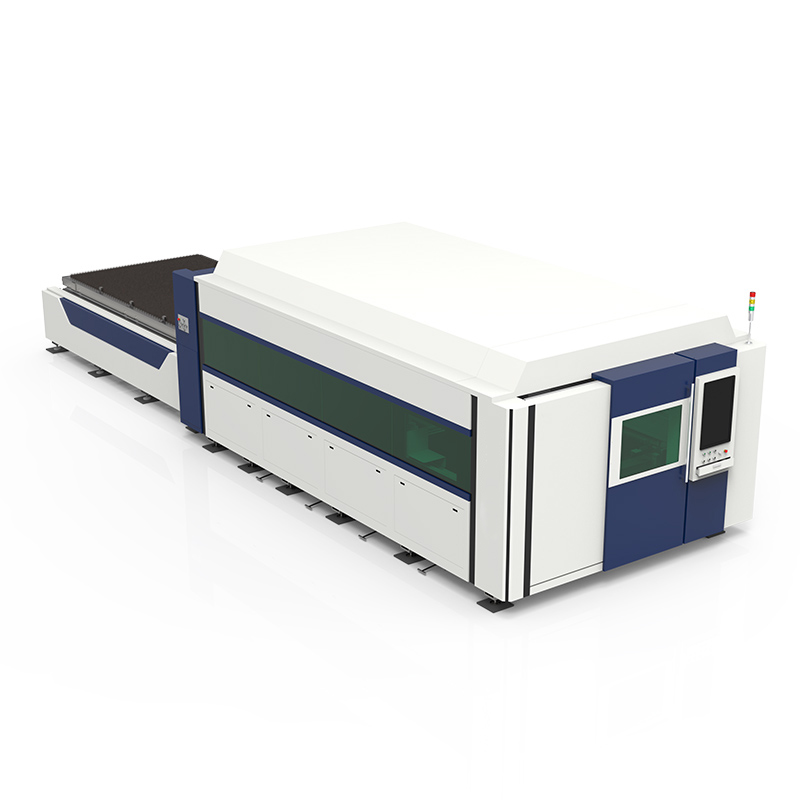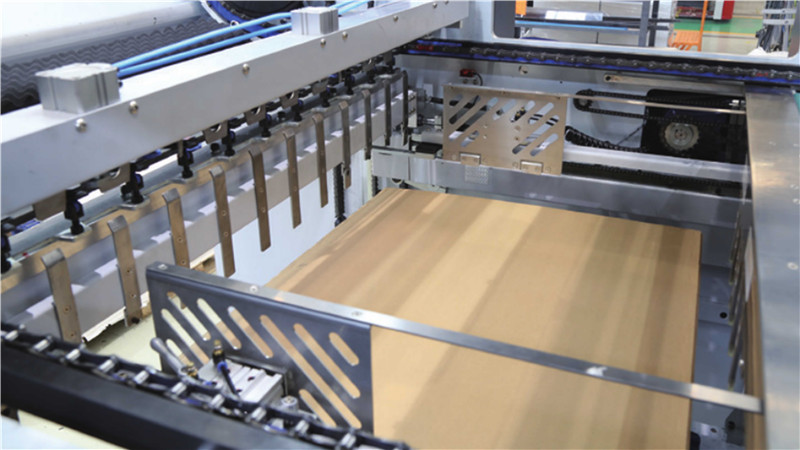What are the different types of RC drilling rig?
Reverse Circulation (RC) drilling rigs play a pivotal role in mineral exploration and other drilling applications, providing a reliable method for collecting rock samples. These rigs are versatile and come in various types, each designed to address specific drilling challenges and geological conditions. Here are some of the different types of RC drilling rigs:
1. Top Drive RC Rigs:
Description: Top drive RC drilling rigs feature a drilling mechanism positioned at the top of the rig mast. This design allows for efficient and straightforward drilling operations, with the drill string and drill bit rotated from the top.
Advantages:
Facilitates easier and quicker rod and bit changes.
Suitable for various drilling depths and conditions.
2. Down-the-Hole (DTH) Hammer RC Rigs:
Description: DTH hammer RC rigs use a down-the-hole hammer to create a percussion effect on the drill bit. This design is effective in hard rock formations, providing excellent penetration rates.
Advantages:
Well-suited for challenging rock formations.
Offers high penetration rates.
3. Multipurpose RC Rigs:
Description: Multipurpose RC rigs are designed to serve various drilling functions, making them versatile for different applications. These rigs may incorporate features of both top drive and DTH hammer systems.
Advantages:
Versatility for handling diverse drilling conditions.
Adaptable to changing project requirements.
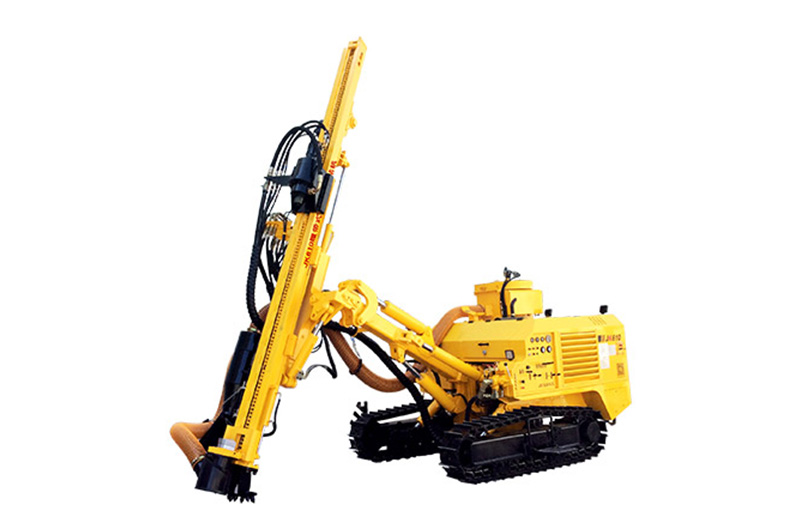
4. Track-Mounted RC Rigs:
Description: Track-mounted RC rigs are mounted on tracks, providing mobility and stability on challenging terrains. This design is beneficial in situations where the rig needs to be moved frequently.
Advantages:
Excellent mobility in rough and uneven terrains.
Easy transportation between drilling sites.
5. Truck-Mounted RC Rigs:
Additional resources:What is the purpose of the beading machine?
Discover Efficiency and Precision with our Low-Pressure Injection Molding Machine
What are Metal Shredders and How Do They Work?
Do you know the advantages of lintel making machine
Cooled Water Chillers vs. Air-Cooled Chillers: Comparing Options
What is the advantage of telescopic boom lift?
What does a bucking unit do?
Description: Truck-mounted RC rigs are mounted on a truck chassis, offering mobility and efficiency. These rigs are suitable for projects with relatively straightforward access and transportation requirements.
Advantages:
Rapid setup and teardown due to the integrated truck chassis.
Well-suited for projects with accessible drilling sites.
Description: Crawler-mounted RC rigs use crawler tracks for mobility, making them suitable for navigating challenging and uneven terrains. This design provides stability and versatility in various geological conditions.
Advantages:
Enhanced stability on uneven surfaces.
Increased mobility in challenging environments.
7. Deep Hole RC Rigs:
Description: Deep hole RC rigs are specifically designed for drilling at significant depths. These rigs often incorporate features such as higher pullback force and greater drilling capacity to handle deep drilling projects.
Advantages:
Suited for projects requiring drilling at substantial depths.
Enhanced capabilities for deep drilling applications.
8. Compact RC Rigs:
Description: Compact RC rigs are designed for operations in confined spaces or locations where a smaller footprint is essential. These rigs maintain efficiency while offering a more compact and maneuverable solution.
Advantages:
Ideal for projects in restricted or space-limited areas.
Maneuverability in tight drilling locations.
Conclusion:
The diversity of RC drilling rigs reflects the adaptability of this drilling method to various geological conditions and project requirements. Choosing the right type of RC drilling rig depends on factors such as geological formations, drilling depths, mobility requirements, and project constraints. Each type of RC rig brings unique advantages, allowing exploration and drilling professionals to tailor their equipment to specific applications and challenges.
Choosing the Perfect Double Shaft Paddle Mixer for Your Needs
How Does a Mobile Asphalt Plant Work?
The Differences Between Barrel and Rack Plating
The Benefits of Using Blow Molding Machines
What is the difference between a boom lift and a spider lift?
What is a cableway used for?
How much does a fiber laser cutter cost?




